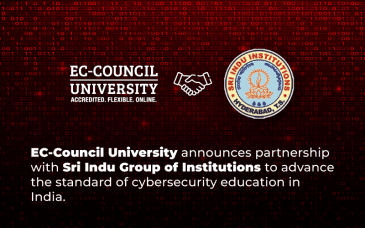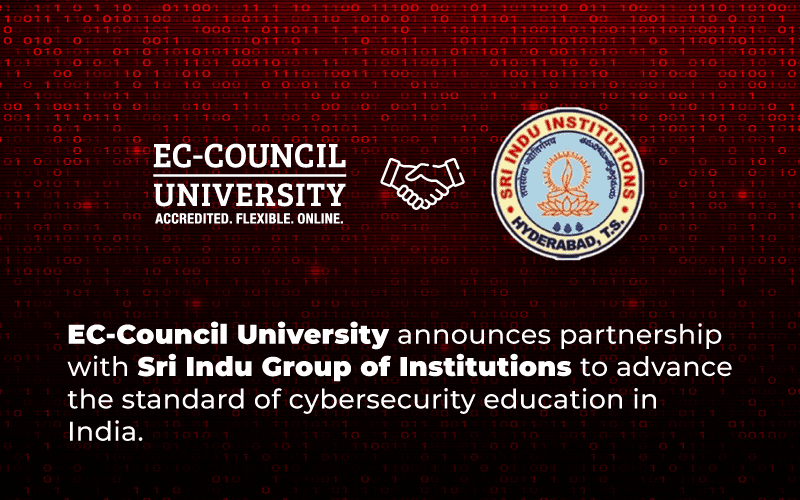The pharmaceutical industry is the most laboriously controlled industry in the world. It is responsible for developing and producing medications that save lives and improve the quality of life for millions of people worldwide. However, with the increasing reliance on technology, this industry has become more vulnerable to cybersecurity risks. Cyber-attacks can result in the loss of sensitive data, disruption of operations, and damage to the reputation of the company. In this blog, we will discuss the cybersecurity risks faced by the pharmaceutical industry, the consequences of a cyberattack, and the measures that can be taken to mitigate these risks.
Cybersecurity Risks Faced by the Pharmaceutical Industry:
Phishing Attacks:
Phishing attacks are one of the most familiar classifications of cyberattacks the pharmaceutical industry faces. These attacks are designed to trick employees into handing out sensitive details such as login credentials or downloading malware onto their computers.
Ransomware Attacks:
Ransomware attacks involve hackers encrypting a company’s files and demanding compensation in exchange for the decryption key.
Insider Threats:
Insider threats are one of the most significant cybersecurity risks faced by the pharmaceutical industry. These threats can come from current or former employees with sensitive data access.
Consequences of a Cyber-Attack:
A cyberattack can have significant consequences for a pharmaceutical company, including:
- Loss of Sensitive Data: A cyber-attack can result in the loss of sensitive data such as patient information, drug formulas, and clinical trial results.
- Disruption of Operations: A cyber-attack can disrupt a company’s operations, resulting in a loss of productivity and revenue.
- Damage to Reputation: A cyber-attack can damage a company’s reputation, resulting in a loss of trust from customers and stakeholders. A cyber-attack can damage the reputation of a pharmaceutical company, resulting in a loss of trust from customers and stakeholders.
- Financial Losses: A cyber-attack can result in significant financial losses, including the cost of investigation, remediation, and legal fees.
Measures to Mitigate Cybersecurity Risks:
- Employee Training: The first line of defense against cyber-attacks is employee training. Employees must be trained on how to recognize phishing emails and authenticate if they suspect they have received one. They should also know how to create strong passwords and keep them secure.
- Two-Factor Authentication: Two-factor authentication adds an additional coating of security to login credentials. This requires users to provide two forms of identification before they can access a system or application. This can help thwart unauthorized entry to sensitive information.
- Data Encryption: Data encryption is the technique of converting data into code to prevent unauthorized access. This can help protect sensitive information such as patient data and drug formulas.
- Regular Backups: Regular backups can help prevent data loss in the event of a ransomware attack. If a company has a data backup process, they can simply restore it instead of paying the ransom.
- Network Segmentation: Network segmentation involves splitting a network into shorter segments to limit the spread of a cyberattack. This can help prevent an attacker from accessing sensitive information and systems.
- Penetration Testing: Penetration testing involves testing a company’s cybersecurity measures to determine vulnerabilities that an attacker could manipulate. This can help companies identify and address potential weaknesses in their cybersecurity infrastructure.
The pharma industry is facing an increasing number of cybersecurity risks. However, by implementing robust cybersecurity measures such as employee training, two-factor authentication, data encryption, regular backups, network segmentation, and penetration testing, the industry can mitigate these risks and protect sensitive data from cyber-attacks. It is also important for companies to stay up-to-date with the latest cybersecurity threats and best practices and to continuously monitor their systems for any suspicious activity.
Additionally, it is important for pharmaceutical companies to partner with cybersecurity experts to help them develop and implement effective cybersecurity strategies. These experts can provide valuable insights into the latest threats and vulnerabilities and help companies stay one step ahead of cyber-attackers.
In conclusion, cybersecurity risks are a significant threat to the pharmaceutical industry. With our increasing dependence on technology, it is more critical than ever for companies to enforce vital cybersecurity efforts to safeguard their sensitive data from cyber-attacks.
How can EC-Council University help with this?
EC-Council University offers various Online Cyber Security Degrees, including a master’s degree in cybersecurity, Bachelor’s Degree in Cybersecurity, and a Graduate Certificate in Cybersecurity. These cyber security degrees online can help professionals in the pharma industry gain the knowledge and skills needed to protect their organizations from cybersecurity threats.
Additionally, EC-Council University offers various training and certification programs embedded within its core curriculum of cybersecurity masters, including Certified Ethical Hacker (CEH) and Certified Network Defender (CND), which can help professionals develop the technical expertise needed to identify and mitigate cyber threats.
FAQs:
Ans. The pharmaceutical industry faces various risks related to cybersecurity, regulatory compliance, intellectual property protection, supply chain management, and more. Cybersecurity risks include data breaches, ransomware attacks, and insider threats. Non-compliance with regulations can result in fines, legal liabilities, and reputational damage. Protecting intellectual property is essential to the industry’s success, and risks include patent infringement, trade secret theft, and counterfeiting. Supply chain risks include disruptions, counterfeit products, and regulatory compliance. Additionally, the industry faces risks related to drug pricing, clinical trials, and reputational damage from negative press related to drug safety and efficacy. Pharmaceutical companies need to identify and mitigate these risks to protect their operations and reputation.
Five risks in the pharmaceutical industry:
- 1. Cybersecurity Risks
- 2. Regulatory Compliance Risks
- 3. Intellectual Property Risks
- 4. Supply Chain Risks
- 5. Clinical Trials Risks
Managing risk in the pharmaceutical industry involves identifying potential risks and implementing strategies to mitigate or minimize them. This can include regular risk assessments to identify potential risks and vulnerabilities across the entire organization, including cybersecurity, regulatory compliance, intellectual property, supply chain, and clinical trial risks. Risk mitigation strategies can include implementing strong access controls, encrypting sensitive data, providing regular employee training on security best practices, and developing an incident response plan. Additionally, staying up-to-date with the latest regulations and compliance requirements and building strong partnerships and relationships with suppliers and vendors to ensure supply chain stability is essential. Effective risk management can help protect the organization’s operations, reputation, and financial health.
It is not possible to completely avoid all risks in the pharmaceutical industry, but steps can be taken to minimize them. This includes staying up-to-date with regulations and compliance requirements, implementing strong cybersecurity measures, ensuring supply chain stability, and conducting regular risk assessments. Additionally, organizations can mitigate risk by developing an incident response plan, building strong partnerships and relationships with suppliers and vendors, and investing in research and development to ensure product safety and efficacy.












